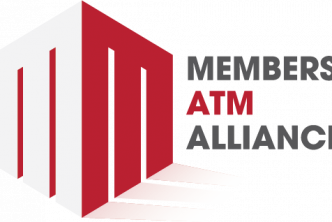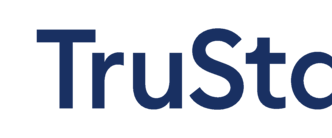Credit unions expanding into commercial lending have experienced varying degrees of success during the past several years. LEVERAGE, a wholly owned subsidiary of the League of Southeastern Credit Unions, has been developing programs to improve performance for commercial lending or member business loans. Following an in-depth analysis of the commercial lending space, it was determined that there is significant growth opportunity for credit unions, particularly in U.S. Small Business Administration (SBA) government guaranteed lending programs.
Recent reports obtained from SBA District Offices in both Florida and Alabama indicate that credit unions funded less than 1% of SBA loans in their respective districts for FY 2016. In the North Florida District, credit unions were responsible for less than 0.4% of the SBA 7(A) loans produced, capturing only $1.6 million of the more than $459 million loans that were funded. Small business owners who are members of credit unions today sometimes have no choice but to look to other sources, such as regional and community banks, to obtain SBA loans. The mission of the SBA is not distant from the mission of credit unions, people helping people. The SBA views its 7(A) loan program as being vital to assisting small business with the capital needed to help fuel job growth. Providing loans to underserved markets has been a hallmark of the credit union industry, so expansion into SBA lending fits perfectly within the longstanding paradigm of people helping people.
In brief, SBA guaranteed loans 7(A) are commercial loans which carry between a 50%-90% unconditional government guaranty. The guarantees are typically 85% on loans under $150,000 and 75% on loans over $150,000, and up to $5,000,000. Guaranteed portions of these loans do NOT count against a lender’s member business lending cap, due to the unconditional nature of the guaranty. The second type of SBA guaranteed loan programs are 504 loans. The 504 loans are “first” loans on fixed assets (usually land and building) with a government-issued fixed-rate debenture in a subordinate position, essentially guaranteeing the lender a 50% LTV on the small business assets being financed. The bottom line is, both of these programs allow credit unions to expand their member business lending presence, serving the small business marketplace with reduced risk.
Credit and servicing expertise become credit union lenders’ next concern. While strong in consumer and auto markets, a small percentage of credit unions have ventured full force into this commercial space. This is where SBA lending can be beneficial to credit unions. While credit unions develop commercial talent, SBA will work with them to provide support and customer service. The District Offices conduct on-site training and webinars to expand participation in the programs. There are organizations such as the National Association of Government Guaranteed Lenders (NAGGL) that conduct extensive training in commercial SBA lending. An experienced SBA underwriter’s expertise can easily be expanded to other commercial products. Finally, LEVERAGE Business Lending (formerly known as a Loan Service Provider or LSP) has the resources to on-board and train staff on origination, underwriting, and servicing of SBA loans.
SBA lending is an excellent solution for member business lending portfolios. With the amazing growth potential and financial benefit, to both borrowers and lenders, the time is right for credit union entry into the SBA lending world. Small business and job growth, fueled by credit union SBA lending, is just one more way to effectively demonstrate the power of people helping people. For more information, contact Keith Hopkins.





